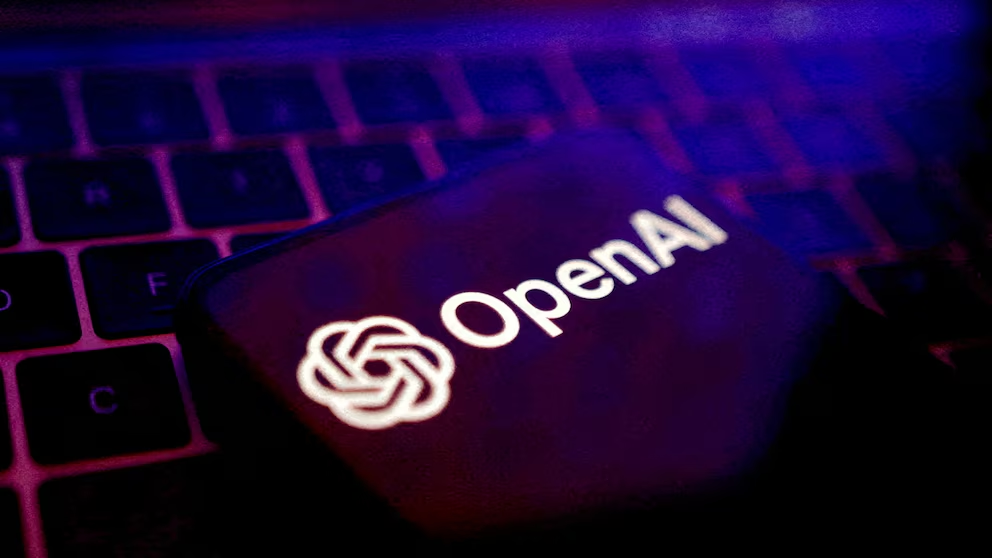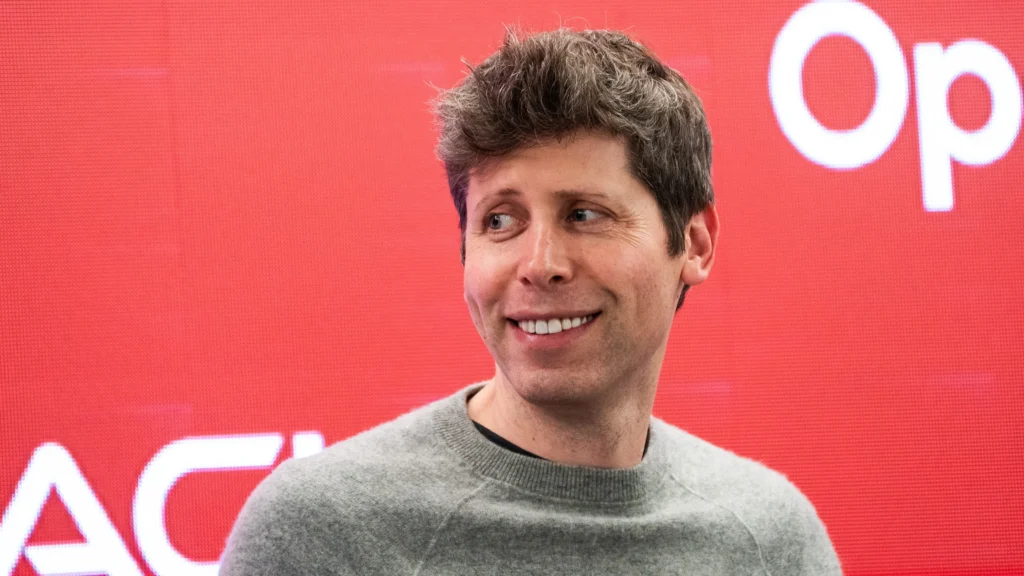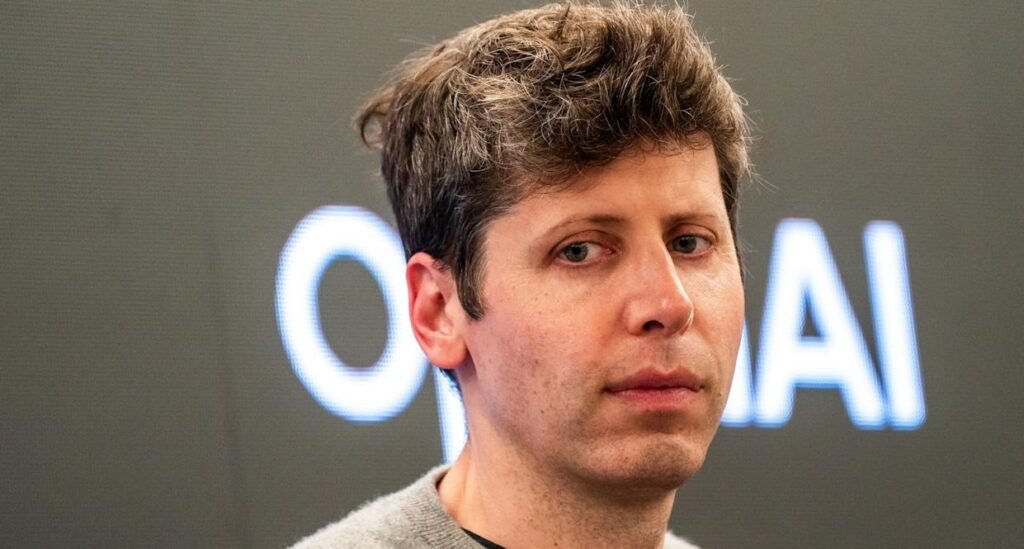Food
Is Chick-fil-A really wholesome Shocking report names it among least nutritious fast food chains in America
A new WorldAtlas ranking exposes the unhealthy truth behind beloved chains and Chick-fil-A, long known for its clean image, is raising eyebrows with sodium-heavy meals and reversed health pledges.

With over 3,200 outlets across the United States and a reputation for warm service and “cleaner” fast food, Chick-fil-A has long been seen as the more wholesome alternative in America’s fast-food landscape. But a recent report by WorldAtlas is challenging that image — and the findings are leaving health-conscious fans stunned.
In a list ranking the 10 least nutritious fast-food chains in the U.S., WorldAtlas placed Chick-fil-A among the worst offenders, calling out the brand’s calorie-heavy meals and marketing tactics that “mask fried indulgence behind a wholesome image.”
The calorie count behind the chicken
Let’s break it down: one original chicken sandwich paired with medium waffle fries delivers approximately 800 calories and a staggering 750 mg of sodium — nearly a third of the daily recommended limit.
Add a lemonade or hand-spun milkshake, and your meal can easily eclipse 1,200–1,400 calories in one sitting. That’s more than half of what an average adult needs for an entire day — all in a lunch break.
Chick-fil-A encourages frequent, on-the-go indulgence,” the WorldAtlas report states, “especially with drive-throughs making up 60% of their sales.
The health promises that didn’t last
The report also highlights the company’s decision to roll back its ‘No Antibiotics Ever’ pledge in 2024, raising concerns about ingredient quality and transparency.
Originally applauded for pledging antibiotic-free chicken, Chick-fil-A modified its policy to “No Antibiotics Important to Human Medicine” (NAIHM), a more lenient standard. Critics argue this backpedal contradicts the company’s branding as a healthier alternative.
Though Chick-fil-A has promised to reach a cage-free egg supply by 2026, nutrition advocates say the damage to its image may already be done.
A cultural favorite… with a hidden cos
Despite these findings, Chick-fil-A remains a top-selling fast-food chain in the U.S., famous for its customer service, chicken sandwiches, and “cleaner” look. But the illusion of health is proving to be just that — an illusion.
According to the CDC, over two in five U.S. adults now suffer from obesity, a crisis heavily tied to high-sodium, high-calorie, and ultra-processed fast food. Health experts argue that deceptive branding and lack of transparency only worsen the issue.
If it looks healthier, we eat it more often said one dietitian. That’s the danger.
What can you do
While Chick-fil-A does offer some lighter options (like grilled nuggets and side salads), most customers rarely choose them — especially with constant promotions and combo deals targeting convenience.
If you’re watching your health, portion control, checking nutrition labels, and skipping sugary drinks can make a difference — even at your favorite chain.
But one thing’s clear: the perception of Chick-fil-A as a ‘cleaner’ fast food brand may need a serious update.
Food
What Happens to Your Body If You Eat 2 Dates Every Morning on an Empty Stomach?
Nutritionist explains how a simple habit like eating two dates daily can boost digestion, energy, immunity, and overall wellness

Building a healthier lifestyle does not always require expensive superfoods or complicated morning routines. According to nutritionist Eshanka Wahi, one of the simplest habits that can support your body is eating two dates every morning on an empty stomach. This small step may seem insignificant, but its nutritional benefits can create noticeable changes in energy levels, digestion, cravings, and immunity.
Dates contain a powerful combination of natural sugars, fiber, potassium, magnesium, and antioxidants. This nutrient profile allows them to provide steady energy, support gut health, and strengthen the body’s natural defenses. For people with busy schedules, this routine is easy to follow and requires no preparation, making it a practical wellness choice.

Natural Energy Booster
Many people start their day with tea or coffee, only to experience fatigue or energy crashes later. Dates provide a natural alternative. They contain glucose, fructose, and sucrose, which the body absorbs efficiently. Research cited in Critical Reviews in Food Science and Nutrition shows that this mix provides a smooth and sustained energy release.
Nutritionist Eshanka explains that the presence of fiber and minerals helps maintain steady energy, preventing sudden highs and lows. For those looking to reduce caffeine dependence or maintain consistent energy through the morning, dates can be a simple solution.
Helps Control Cravings
Sudden hunger or sweet cravings can disrupt healthy eating goals. Dates can help manage these urges due to their fiber content, which slows digestion and keeps you full for longer. Their natural sweetness can also satisfy dessert cravings without relying on processed foods.
For individuals working on weight management or mindful eating, this habit can support better appetite control throughout the day.
Supports Digestion and Gut Health
Dates contain dietary fiber and essential amino acids that aid digestion. As reported in the Journal of Food and Nutrition, fiber promotes regular bowel movements and reduces discomfort caused by sluggish digestion. Nutritionist Eshanka suggests that incorporating dates into the morning routine can help maintain a steady digestive rhythm.

Dates also help increase beneficial gut bacteria, improving nutrient absorption and overall digestive comfort. The National Library of Medicine highlights the role of such foods in supporting long-term gut health.
Strengthens Immunity with Antioxidants
Dates are rich in flavonoids, carotenoids, and phenolic acids, powerful antioxidants that protect cells from oxidative stress. Reducing internal stress allows the immune system to function more efficiently.
Nutrition experts suggest that consistent consumption of antioxidant-rich foods like dates can support long-term wellness and reduce inflammation. Dates are also considered suitable for all age groups, making them a versatile daily addition.
Can everyone eat two dates daily?
Generally yes, but people with diabetes should consult a doctor.
Do dates aid digestion?
Yes, their fiber supports regularity and gut-friendly bacteria.
Can two dates a day help with weight goals?
They help curb cravings and promote longer satiety.
Do dates boost energy and immunity?
Yes, natural sugars provide energy and antioxidants support immune health.
Disclaimer:
This article is for informational purposes only and is not a substitute for professional medical advice. Always consult a doctor regarding any health-related concerns.
Technology News
Why Is a Giant Emoji Staring at F1 Cars in Las Vegas? Sphere’s Orbi Sparks Wild Curiosity…
The massive yellow face watching the Las Vegas Grand Prix isn’t just a gimmick — Sphere’s Orbi is tracking real Formula 1 cars live using GPS technology.

If you thought the dazzling lights of Las Vegas were already impossible to ignore, this weekend’s Las Vegas Grand Prix took spectacle to a whole new level. Standing tall over the Strip, the world-famous Sphere — a global social media magnet since its opening — decided to become an active Formula 1 spectator. And the star of the show was not a driver, but a giant yellow emoji named Orbi.
During Saturday night’s high-octane race, F1 fans noticed something unusual: Orbi’s enormous animated eyes kept following race cars — turning left, right, up, down — almost like a living spectator. Many assumed it was just clever animation. But the truth is far more surprising.
Orbi is actually tracking real F1 drivers live, in real time.
According to Sphere executives, Orbi’s movements are powered by a technological model built specifically for the race. The system receives continuous GPS data directly from Formula One race headquarters in Biggin Hill, near London — the same hub used for global race monitoring and broadcast feeds.
“We wanted Orbi to be an F1 fan with everyone else,” one Sphere spokesperson said. “His eyes aren’t just looking around — they’re synced to the position of any car on the track. He’s literally watching the race with us.”
ALSO READ : Harvard Opens New Probe Into Jeffrey Epstein Ties as Larry Summers Steps Back From Public Roles
The result? A landmark collision between sports, tech, engineering, and digital art.
A 366-Foot-Tall Emoji Becomes the World’s Newest F1 Fan
Sphere has already earned international attention for its jaw-dropping LED surface — a screen so large it can be seen from planes, freeways, hotels, and even from space. But using Orbi to visually follow speeding race cars added something deeper: personality.
At times, Orbi appeared stressed during overtakes, shocked during near collisions, and thrilled during lead changes. Fans watching from grandstands and balconies couldn’t help but laugh — or film — the giant emoji reacting like a true racing enthusiast.
And no, Orbi doesn’t pick sides.
According to the company, every driver — whether Max Verstappen, Lewis Hamilton, Charles Leclerc or a rookie — holds the same spot in Orbi’s yellow heart.
Why Did Sphere Do This?
The answer lies in branding — but also emotion.
The venue is owned by Sphere Entertainment Co., a company built on immersive audience experiences. The Las Vegas Grand Prix presented a once-in-a-generation opportunity: a global event attended by over 300,000 people, with millions more watching worldwide.
But instead of just advertising, the Sphere team wanted connection.

“Everything we do at Sphere is meant to move people emotionally,” the spokesperson said. “People love Orbi. He’s not just watching — he’s participating.”
For a city fueled by entertainment, risk and reinvention, Orbi became the digital mascot fans never knew they needed.
The Internet Reacted — Predictably
Within minutes, TikTok and X were filled with videos captioned:
- “Why is the emoji stalking Lewis Hamilton?”
- “Orbi has better race awareness than Ferrari’s strategy team”
- “I didn’t expect to feel emotionally supported by a building”
Even racing analysts couldn’t resist commenting on it during broadcast segments.
And just like that — Orbi became the most photographed spectator at the Grand Prix.
What This Means for the Future of Live Events
Tech experts say this moment could influence how major sporting events engage fans. Instead of static billboards or predictable LED ads, imagine:
- Stadiums reacting to goals in real time
- Concert venues syncing visuals to audience heart rates
- Cities turning into live data canvases
Sphere didn’t just display content — it participated in the event.
And honestly? It worked.
Las Vegas is already known for larger-than-life entertainment, but a 162,000-square-foot emoji tracking F1 cars may be the most Vegas thing ever.
Technology News
OpenAI reverses course after Hollywood backlash — Sam Altman promises “granular IP control” and potential revenue share for creators in Sora
Following criticism over the use of Hollywood characters and likenesses in its viral AI video app Sora, OpenAI CEO Sam Altman announced plans for stricter IP controls and a new revenue-sharing model for rightsholders.

The explosive rise of Sora — OpenAI’s text-to-video generation app — has captured global attention for its astonishing realism and creativity. But as users began flooding social media with AI-generated clips featuring familiar Hollywood characters, the app also ignited an intense backlash from studios, actors, and copyright holders concerned about the unauthorized use of their intellectual property.
ALSO READ : Dutch firm Amdax raises $23M to chase 1% of Bitcoin supply what it means for global markets
Now, Sam Altman, OpenAI’s CEO, is stepping in to address those concerns. In a late-night blog post on Friday, Altman announced that the company will introduce “more granular control” for rightsholders and is actively exploring a revenue-sharing program for creators whose IP appears in user-generated Sora videos.
“First, we will give rightsholders more granular control over generation of characters, similar to the opt-in model for likeness but with additional controls,” Altman wrote. “We are hearing from a lot of rightsholders who are very excited for this new kind of ‘interactive fan fiction,’ but they want the ability to specify how their characters can be used — including not at all.”
From “opt-out” to “opt-in” — a major policy shift
The move represents a notable reversal from OpenAI’s earlier “opt-out” policy, which allowed characters, brands, and other copyrighted material to appear in user-generated videos unless the owners explicitly requested removal. Under the new rules, OpenAI will adopt a “stricter opt-in model”, meaning that creators and companies must grant permission before their IP can be generated within Sora.

This shift mirrors OpenAI’s existing system for individuals, which allows users to control whether their likeness or voice can be used in generative AI content. However, the company is extending these protections to fictional characters, trademarks, and franchise IP, in response to growing pressure from entertainment giants like Disney, Warner Bros. Discovery, and Sony Pictures.
Altman’s statement also suggests that while Sora’s output policies are changing, the system may still be trained on media containing known characters or copyrighted visuals — a gray area that is likely to fuel further debate about AI training data and copyright law.
Hollywood’s reaction and the IP dilemma
The announcement comes amid rising tensions between Silicon Valley and Hollywood, as generative AI technology increasingly intersects with the entertainment industry.
Major studios and guilds — including the Screen Actors Guild-American Federation of Television and Radio Artists (SAG-AFTRA) and the Writers Guild of America (WGA) — have voiced concerns that AI tools like Sora could be used to replicate actors, writers, and creative works without consent or compensation.
Altman’s statement appears to be a direct response to those concerns. By offering an opt-in framework and potential profit-sharing system, OpenAI aims to appease rightsholders while keeping creators engaged.
“People are generating much more than we expected per user, and a lot of videos are being generated for very small audiences,” Altman wrote. “We are going to try sharing some of this revenue with rightsholders who want their characters generated by users.”
He added that the revenue model is still in development and will likely undergo “trial and error” before it becomes standardized.

A new frontier: “interactive fan fiction”
Despite the controversy, Altman’s tone suggested cautious optimism about what Sora represents for storytelling and fandom. He described a growing community of creators using AI to remix familiar universes — not for exploitation, but for creative expression.
“We’re hearing from rightsholders who see this as a new kind of interactive fan fiction,” Altman said. “They believe this kind of engagement will accrue a lot of value — if it’s done ethically.”
That perspective aligns with a larger cultural shift in online creativity. Sora’s users have produced everything from reimagined Marvel storylines to Star Wars fan films, blurring the boundary between fan art and studio IP.
But the same tools that empower fans also threaten established creative industries, raising urgent questions about ownership, consent, and monetization in the AI era.
The road ahead for OpenAI and Sora
Sora remains in its early-access phase, with select creators and developers experimenting under limited release. Still, the platform has already demonstrated how generative AI could revolutionize filmmaking — and, in the process, disrupt traditional media production models.
OpenAI’s promise of more transparent IP governance and potential revenue sharing could set a precedent for how tech companies collaborate with — rather than compete against — creative industries.
Analysts believe the company’s next major challenge will be ensuring copyright compliance across billions of generated videos while maintaining creative freedom for users.
As the entertainment industry grapples with the implications of AI, one thing is certain: tools like Sora are redefining what it means to create, share, and profit from visual storytelling.
“This is new territory for everyone,” Altman concluded. “We want to build a system that rewards creativity — both human and artificial — without crossing ethical or legal lines.”
-

 US News7 days ago
US News7 days ago“She Never Made It Out…” Albany House Fire Claims Woman’s Life as Family Pleads for Help to Bring Her Home
-

 Entertainment1 week ago
Entertainment1 week ago“Detective, Psychologist, Anthropologist?” — Inside the Secret World of Casting Directors Behind ‘F1,’ ‘The Smashing Machine’ and ‘Marty Supreme’
-

 Entertainment6 days ago
Entertainment6 days agoXG Star Cocona Shares a Brave Truth at 20 — “I Was Born Female, But That Label Never Represented Who I Truly Am…”
-

 Entertainment6 days ago
Entertainment6 days agoSamba Schutte Reveals the Surprise Cameo in Pluribus That “Nobody Saw Coming”… and Why John Cena Was Perfect for the Role
-

 Entertainment1 week ago
Entertainment1 week agoLegendary Guitarist Steve Cropper Dies at 84… Tributes Pour In for the Soul Icon Behind ‘Green Onions’ and ‘Soul Man’
-

 Entertainment7 days ago
Entertainment7 days agoNika & Madison stuns global audiences as director Eva Thomas reveals why “resilience, not fear, drives Indigenous women on the run”
-

 Politics5 days ago
Politics5 days ago“Billions and Billions Have Watched Them…” Trump Makes History Hosting Kennedy Center Honors and Praising Stallone, Kiss, and More
-

 Sports1 week ago
Sports1 week agoCowboys refuse to fold after tough loss to Lions, say setback will fuel stronger playoff push
















